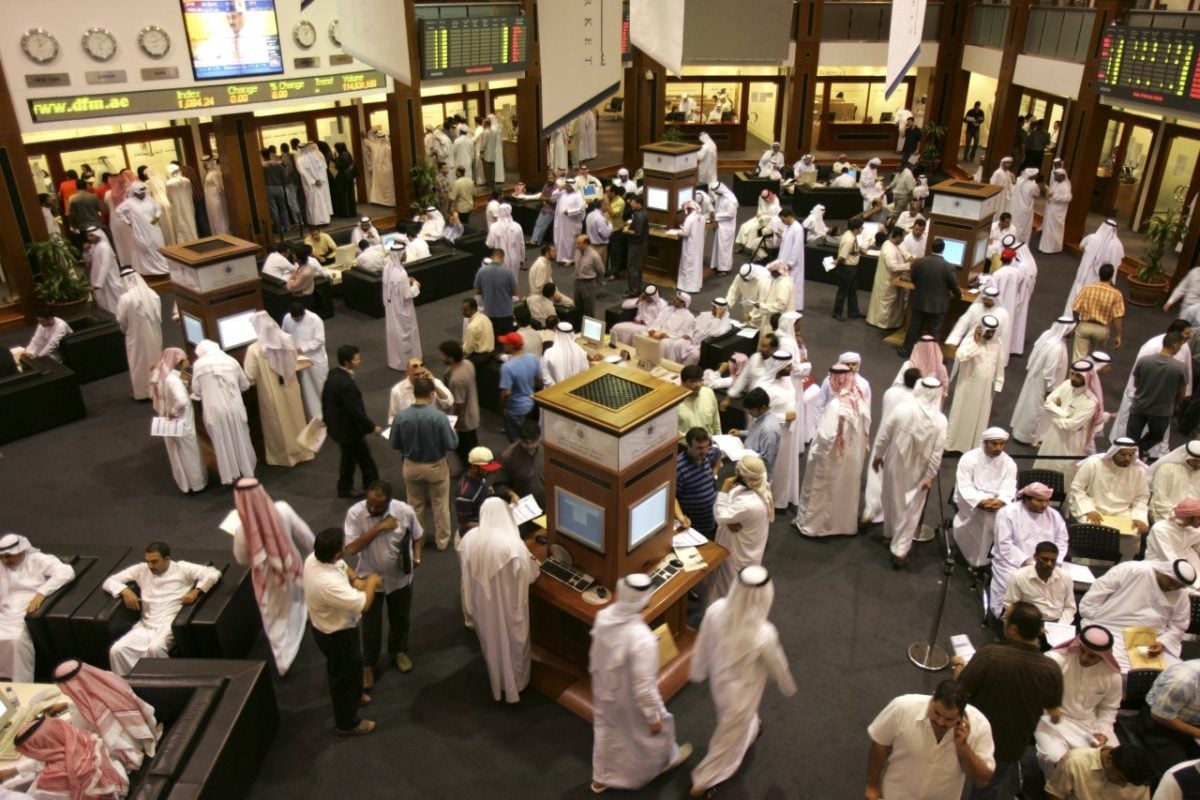
Guaranteed public-sector jobs, generous subsidies on fuel and other basic commodities, free public services, and no taxes to speak of—that’s how oil wealth is distributed in the Gulf states. With oil prices low since 2014 and no sign, in October 2015, of their rising anytime soon, there is some doubt how long the governments of the members of the Gulf Cooperation Council (GCC) can meet their people’s expectations.
Some countries are more resilient than others. The extreme-rentier states of Kuwait, Qatar, and the UAE have larger coffers—thanks to huge sovereign-wealth funds and small populations—than the middle-rank rentiers, such as Oman, Bahrain, and Saudi Arabia (the latter having been, since March 2015, stuck in an expensive and apparently endless war in Yemen).
No matter how rich, the care-free life of the past decade or so is at risk. In April 2015, the World Bank estimated that the GDP of the GCC states could fall in 2015 by $215 billion, about 14 per cent of their combined GDP, so it is time to come up with a plan to fix, or at least mitigate, the budget deficits. The governments could choose to spend less or to generate more income from sources other than oil: both paths are a challenge.
The first option, spending less, sounds easy: just cut the subsidies that take large chunks of the national budgets. That’s exactly what the IMF recently advised Kuwait to do. Reactions were immediate and angry. “Any plan to lift subsidies is out of the question,” academics and politicians said, in essence. The advice was called “a form of colonization.”
Although the opinions and wishes of the people are denied more often than not in this region—with the exception of Kuwait which has, at least on paper, a functioning and powerful parliament—this one is certainly heard in the royal palaces. Having in mind the uprisings of the Arab Spring of 2011, the oil kings fear unrest and louder calls for changes in the state power-structure and for more democracy.
So far, it seems that the governments have opted to borrow more money (Saudi Arabia) or to launch ideas without following up on them (Kuwait), with the exception of the UAE and Bahrain, where subsidies on fuel and other commodities have been cut in 2015. The measures were accepted quietly, which is no surprise in countries where freedom of expression is non-existent and most of the population consists of expats.
Also, rather than cutting subsidies that are felt directly, the governments have halted infrastructure mega-projects. Saudi Arabia, for example, has announced an eight-year delay in a $109 billion solar-energy project. Cancelling or postponing big projects is the easy way out: people don’t feel the immediate effects. They will be grumpy about the old airport or the never-ending traffic jams, but they will not start a revolution over it. People do say, however, that foreign aid should be the first thing cut.
As to the other option, generating more income from sources other than oil, this is also difficult, because most GCC countries—Kuwait being the least diversified, the UAE the most—have few other possible sources and because an economy cannot be diversified overnight, assuming, in the first place, that there are viable options.
The UAE has suggested the introduction of value-added taxes, but it needs the other Gulf states to go along, in order to prevent unfair competition; this may turn out to be difficult. It is difficult to see how the same people who resist any cut in subsidies will welcome taxes on the goods they buy: that would look like taking with one hand what has been given by the other.
By the look of things in the shopping malls, spending has not diminished—although crowded malls, of course, do not necessarily mean that people are actually buying things. When asked if they spend less and are saving for a rainy day, a group of young Kuwaiti men replied, “No, not at all.”
Nevertheless, the regional stock exchanges have nose-dived since July 2014, hardly a sign of confidence. According to the UAE media, car sales have slowed. And retailers say, off the record, that they have seen a recent slump in revenues.
Perhaps it is mostly expats are the first to decide to postpone the purchase of a new car until more promising times. After all, their jobs are on the line first. The Gulf Arabs will probably not turn from riches to rags anytime soon—or “go back to their tents,” as some expats would say. Especially those in the extreme-rentier states will live in comfort for quite a while longer.
The middle-rentier states will begin to feel the problems earlier or are already feeling them. In Oman, for instance, unemployment is on the rise in 2015 because of cancelled oil projects. Oman partly blames Saudi Arabia for their troubles: keeping production high, the Omanis say, makes us suffer from the resulting low oil prices.
The governments must, at some point, doubtless take unpopular measures. After all, the policy of handouts is unsustainable, even if and when oil prices skyrocket again. Oil has brought wealth to many people (though certainly not all), but the region is poor in education, innovation, and diversification.


